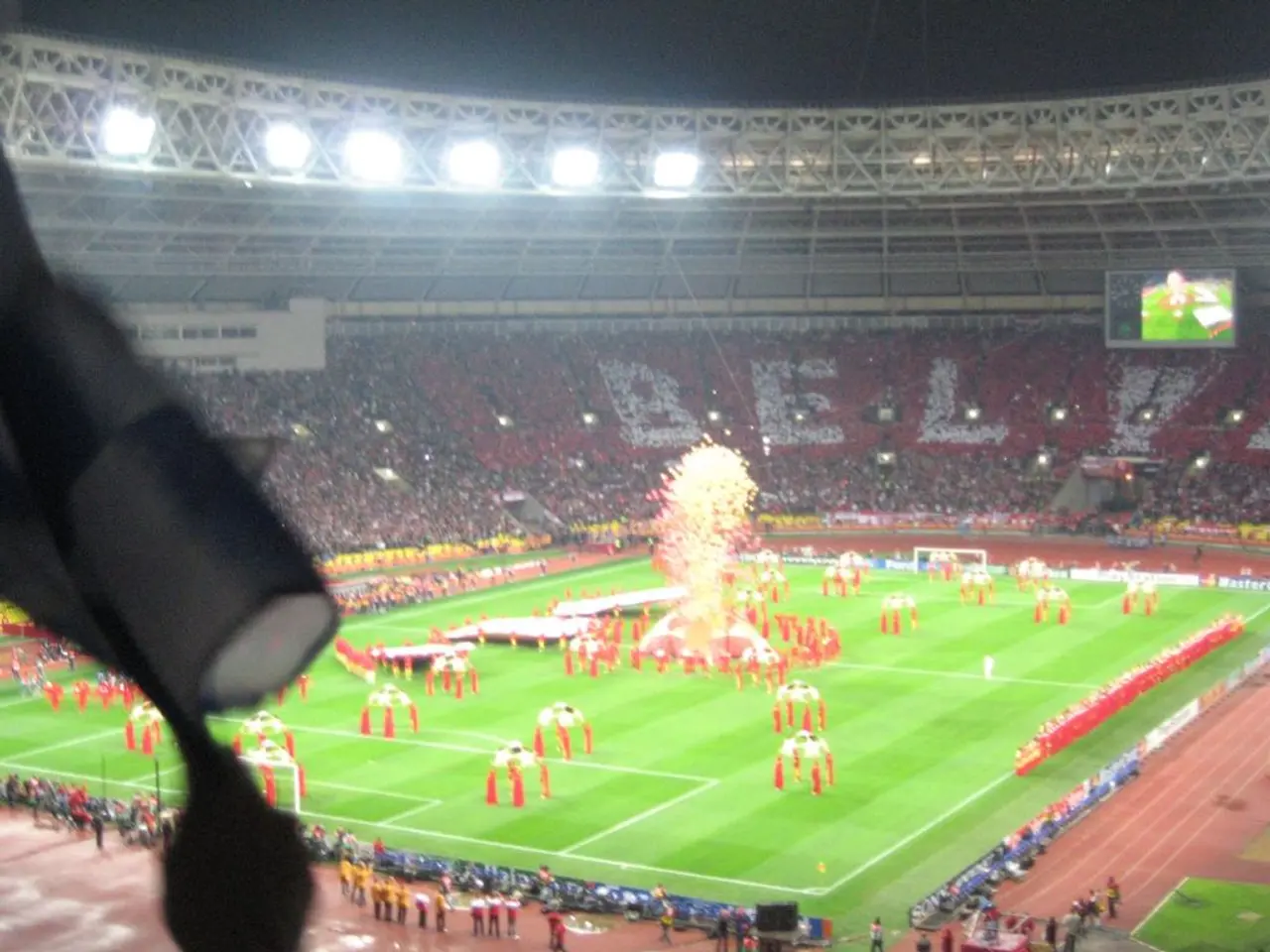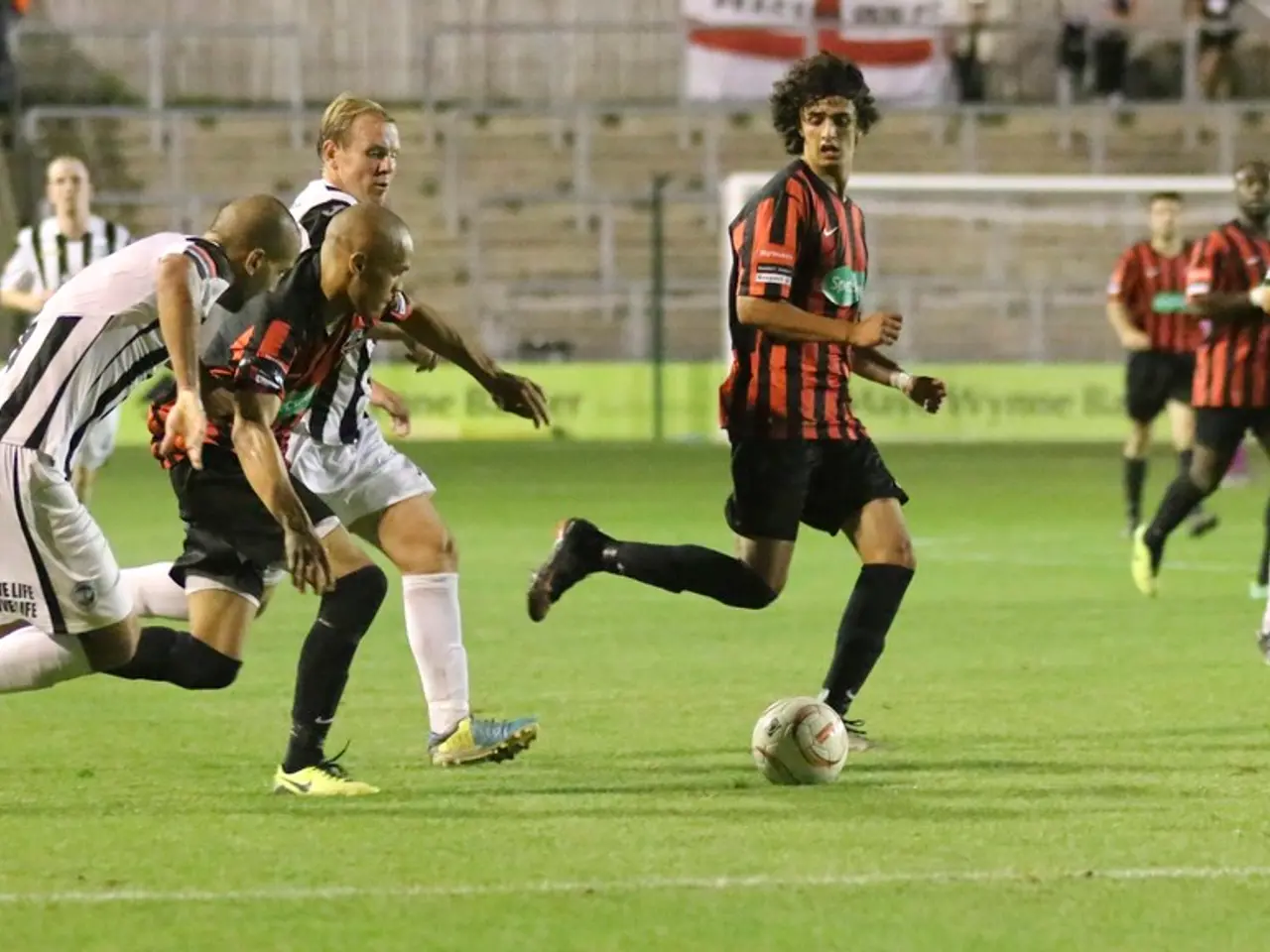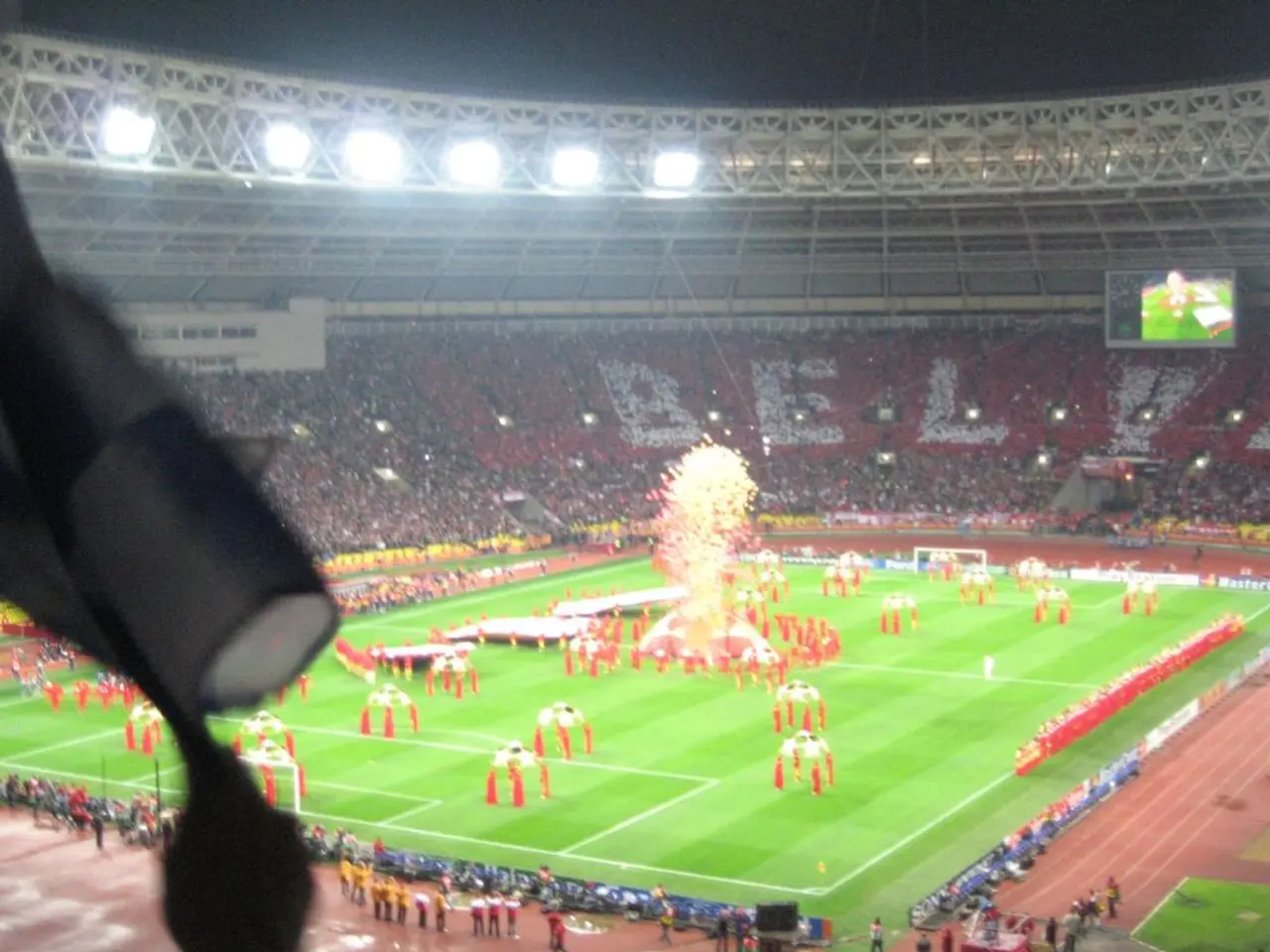Liverpool Football Club demonstrates its leadership in environmental sustainability with the release of its newest The Red Way report.
In a significant move towards sustainability, Liverpool Football Club (LFC) has reaffirmed its commitment to The Red Way, an initiative that encompasses environmental stewardship and social responsibility. The strategy, which is deeply embedded into every aspect of the club's business, was highlighted in the publication of its third annual sustainability report.
The Red Way aims to set an ambitious target of achieving net zero by 2040. To this end, LFC has already made significant strides. For instance, the club has started using Hydrotreated Vegetable Oil (HVO) to fuel its team buses, resulting in a reduction in carbon emissions of up to 90% compared to regular diesel. Additionally, the club eliminated 100% of carbon emissions from domestic team flights through investment in Sustainable Aviation Fuel (SAF).
Liverpool FC's environmental efforts extend beyond its operations. The club has planted over 1,000 trees and hedges, and now boasts 60,000 bees across all its sites, contributing positively to local biodiversity.
The club's commitment to social responsibility is evident in the work of the LFC Foundation. The Foundation's aim is to make a real difference where it matters most, particularly in the most deprived areas of the country. Last season, the Foundation supported over 127,000 people and delivered a social return of £13.70 for every £1 spent. More than 60% of LFC Foundation participants came from the most deprived areas of the country.
Liverpool FC's The Red Way strategy aligns with 16 of the 17 United Nations Sustainable Development Goals. The club attended 24 international events across the 2023/24 season, including COP28 and the UN's Global Eradicate Hate Summit, further demonstrating its commitment to global sustainability.
In recognition of its efforts, Liverpool FC received nine major sustainability awards during the 2023/24 season, including the Front Office Sports' Most Sustainable in Sport award and the Sports Industry Awards for Environmental Sustainability.
The club's sites now derive 96% of their energy from renewable or low-carbon sources, and LFC remains the first Premier League club to achieve ISO20121 (sustainability), ISO45001 (health and safety), and ISO50001 (energy) certifications.
For more detailed information about Liverpool FC's environmental and biodiversity achievements, readers are encouraged to visit liverpoolfc.com/theredway to view the club's third annual report, The Red Way.
[1] The specific initiatives and goals under The Red Way strategy are not elaborated in the available sources, as they are outlined within a broader framework of sustainability.
[3] The six core objectives of The Red Way, though broadly stated, address societal issues and promote health and well-being, rather than being explicitly environmental.
[5] Liverpool FC, under the ownership of Fenway Sports Group (FSG), has historically prioritized sustainability in its operations, though recent shifts focus more on financial power and strategic spending, maintaining financial discipline while investing in success.
- Liverpool Football Club (LFC) aims to achieve net zero carbon emissions by 2040 as part of its The Red Way strategy, which also addresses 16 of the 17 United Nations Sustainable Development Goals.
- To reduce carbon emissions, LFC uses Hydrotreated Vegetable Oil (HVO) in its team buses, resulting in a 90% reduction compared to regular diesel, and invests in Sustainable Aviation Fuel (SAF) to eliminate carbon emissions from domestic team flights.
- The environmental efforts of LFC also include planted trees and hedges, as well as supporting a population of 60,000 bees across their sites, contributing to local biodiversity.
- The LFC Foundation, which aims to make a difference in the most deprived areas of the country, supported over 127,000 people last season and delivered a social return of £13.70 for every £1 spent.
- LFC's sites derive 96% of their energy from renewable or low-carbon sources and have achieved ISO20121 (sustainability), ISO45001 (health and safety), and ISO50001 (energy) certifications.
- Despite a recent shift in focus towards financial power and strategic spending, LFC, under the ownership of Fenway Sports Group (FSG), has historically prioritized sustainability in its operations.








